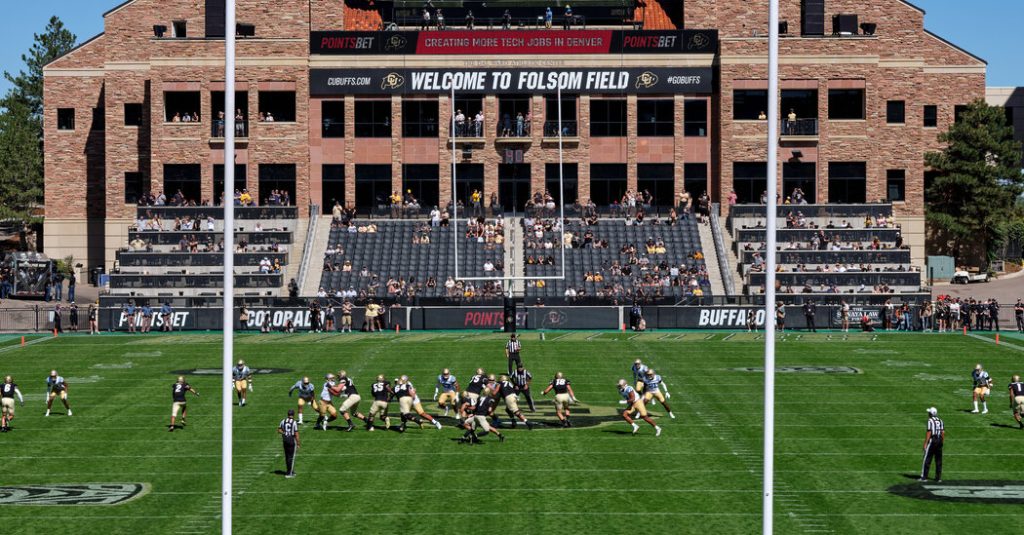Brent Jacquette, a former collegiate soccer player, and coach who is now an executive at a consulting firm for athletic recruiting, was surprised by the N.C.A.A.’s settlement in a class-action antitrust lawsuit. The $2.8 billion settlement, if approved, would allow Division I athletes to be paid directly by their schools for playing sports, a historic first in collegiate sports. This development has left many in the industry feeling unsettled, uncertain, and concerned about the future of collegiate athletics. There are worries about the potential impact on coaches and athletes at smaller institutions and in low-profile sports, as well as confusion regarding the numerous ways students may now be compensated, beyond athletic scholarships.
While the settlement could bring significant changes to collegiate sports, there are many unanswered questions and concerns. Smaller conferences and schools have voiced objections, fearing they may bear an unfair burden of the costs involved in revenue sharing. There are also concerns about whether female athletes will be compensated fairly and how schools will handle sharing revenues with athletes. While the settlement marks a milestone, critics argue that important regulations for non-revenue-generating sports are lacking, potentially leaving many athletes, especially in women’s sports and sports with LGBTQ+ athletes, behind.
Terry Connor, the athletic director at Thomas More University, notes that while his Division II school would not be part of the revenue-sharing plan, the impact of such significant changes within collegiate sports will be felt throughout the entire landscape. The N.C.A.A. has seen multiple big changes in recent years, and adapting to these changes remains a significant challenge. Without specific details of the settlement available, it is still premature to fully assess its impact. Sam C. Ehrlich, a professor at Boise State University, emphasizes that the settlement is just one in a series of changes in college sports, with ongoing developments such as N.I.L. arrangements and the pending Johnson v. N.C.A.A. case continuing to shape the future of collegiate athletics.
The settlement represents a major shift in the way college athletes are compensated and raises numerous questions about the future of collegiate sports. While some see the settlement as a positive step forward, others express concerns about potential inequities and challenges that may arise. The uncertainty surrounding how the settlement will be implemented and its implications for athletes, coaches, and schools underscores the need for further evaluation and discussion within the collegiate sports community. As the landscape of college athletics continues to evolve, it remains to be seen how these changes will shape the future of the industry.








